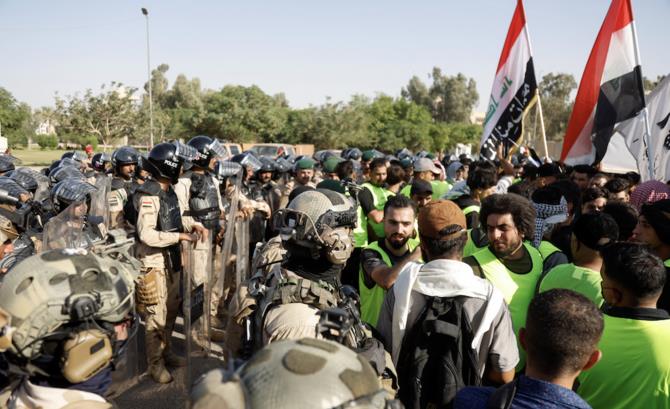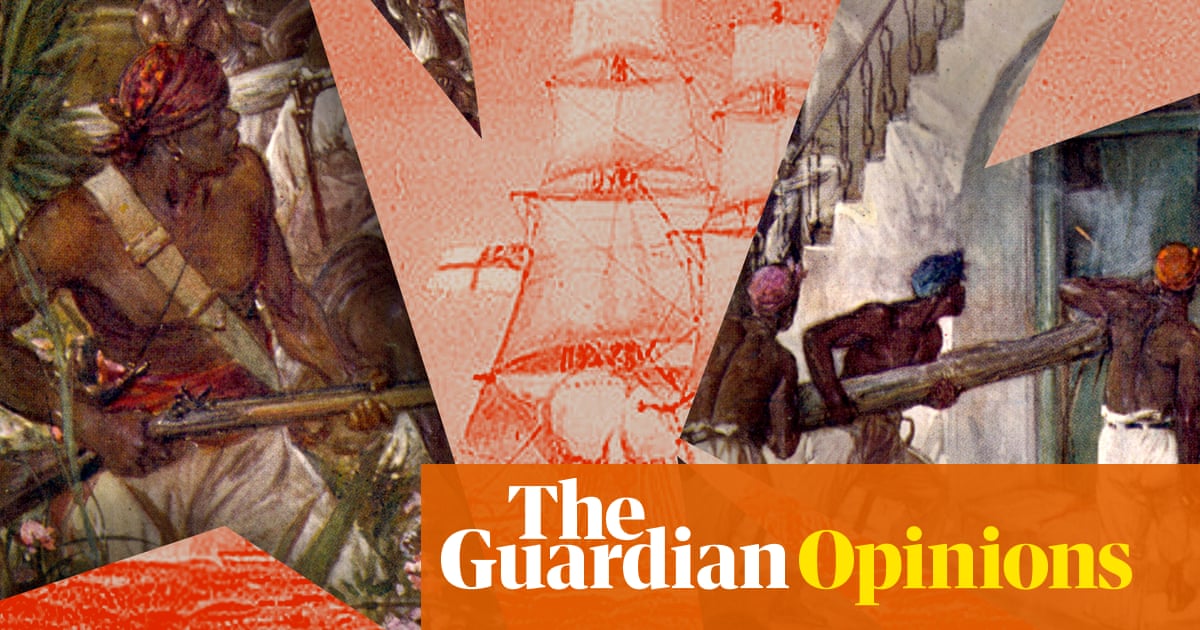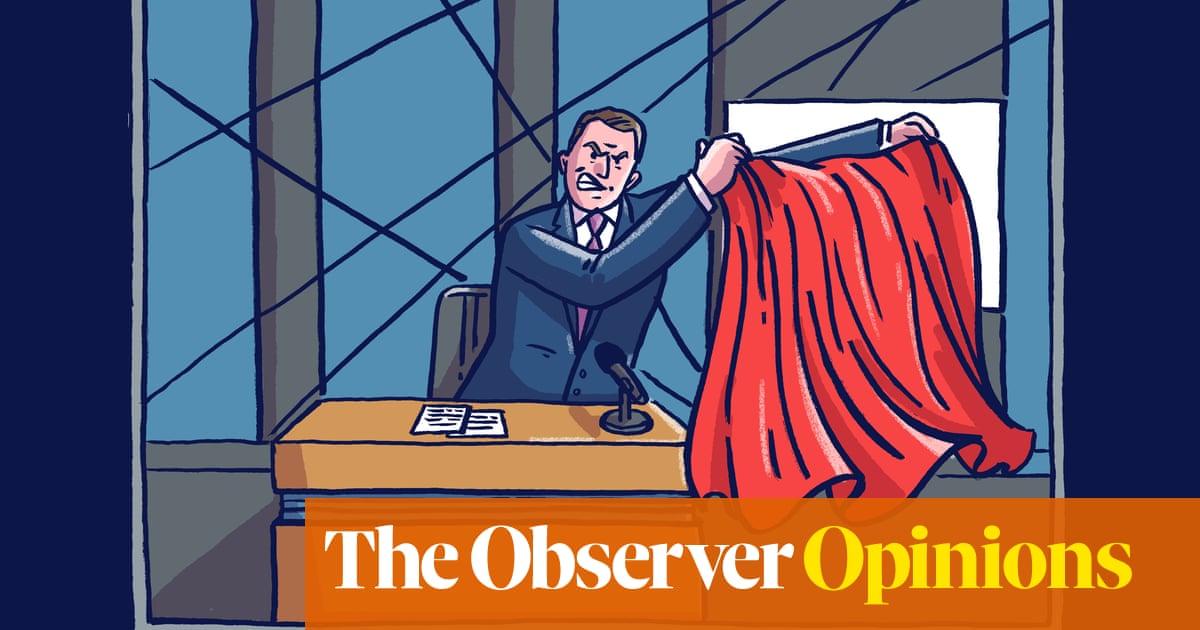
he past is never dead. It’s not even past.” This line, from the American novelist William Faulkner, is perhaps the best description of Britain’s relationship with empire. The prevailing attitude we hold to our imperial history is one of ignorance and complacency: the British empire is something that we should be proud of, but not pay any great attention to. It should be admired, but remain unexamined – the mood music of the British psyche, rather than a cause of current events. And it should certainly never be discussed when examining why racial inequalities still plague modern Britain.
The prime minister’s recent response to Black Lives Matter (BLM) protests was a case in point. In a Telegraph column dedicated largely to the discussion of Churchill’s statue, Boris Johnson announced he was launching a new cross-governmental commission to examine “all aspects of inequality” in the UK. Again and again, expert reviews have already shown how racism manifests in our society: the Lammy review exposed the inequalities in our criminal justice system, the Angiolini review highlighted the disproportionate number of black and minority-ethnic people dying following police contact, and even Theresa May’s comparatively lightweight race disparity audit made clear the higher rates of poverty experienced by black and Asian households in Britain.
The findings of these reviews are plain. What’s needed isn’t more investigation of these issues, but action to confront them. If Johnson were really keen to offer a new way to address the persistence of racial inequality in the UK, he would follow the example of Belgium’s parliamentary chair, who last week called for a truth and reconciliation commission (TRC) to address his country’s legacy of empire. Many of the problems being called out by the BLM protesters, from the public monuments celebrating slave traders to the institutional racism of the police, have their roots in empire.
Britain today is a multiracial society because it was founded as a multiracial empire. Countries such as Barbados and Jamaica were already English colonies before the Acts of Union created the “United Kingdom” in 1707. Slavery in the Caribbean is as fundamental to the development of Britain’s society and economy as the growth of industrial factories in Dickensian England. Contemporary Britain looks like it does in large part due to the Windrush generation of British subjects, who travelled from colonies to the motherland on “empire” ships, holding British passports.
Of course, as the Windrush generation landed on Britain’s shores, the empire was already falling apart. Yet the country made no attempt to process this enormous change. Instead, in 2011, we discovered that rather than confronting the legacy of empire, the British state had quite literally tried to burn it. After a group of Kenyans who were tortured during the Mau Mau rebellions brought a case against the British government, forcing the Foreign Office to release 8,800 files from 37 former colonies, we learned of some of the most shameful acts committed during the last days of the British empire. Yet many of the most sensitive papers detailing these crimes were destroyed by British state officials, who mounted a campaign to burn colonial records and erase these histories. These efforts were ominously codenamed Operation Legacy. What further details would emerge if Britain were to open up more archives from the days of imperialism?
TRCs are tasked with probing a nation’s traumatic history to bring about a process of collective healing. This method was made famous in South Africa, where a commission was established to resolve tensions after the end of apartheid, before being used in countries such as Canada and the Democratic Republic of the Congo. The South African process was criticised for limiting its focus to perpetrators of racial violence, rather than asking who benefited economically from that violence. For an investigation into the legacy of empire to be effective in Britain, we would need to ask broader questions, such as why the British Museum is facing calls from other countries to return treasured cultural artefacts, why most of the world’s major tax havens are current or former British overseas territories, and why London’s commercial court is still where the rest of the world comes to argue its financial disputes.
If the idea sounds radical, it’s worth remembering that one of the four nations of the UK has already spent years trying to hold different versions of a TRC. Ever since the Good Friday agreement in 1998, there have been calls in Northern Ireland for a truth recovery process to examine both the conflict between loyalists and republicans and the complicity of the British Government in the Troubles. In 2014, a version of this process was pledged in the Stormont House agreement, but implementation has stalled again, with politicians in both Belfast and Westminster seemingly reluctant to open up a Pandora’s box.
The legacy of empire still shapes the racial, economic and geographic inequalities of 21st-century British society. When the statue of Edward Colston was recently rolled into Bristol’s harbour, there were cries of “Where does it end?” Such responses are a warning: in Britain, we don’t want to begin interrogating how empire has shaped the society we live in today. Start tugging on that piece of string, and pretty soon you might unravel the threads that hold the whole place together. Yet such responses are deaf to the truth: it’s only by unpicking the legacy of empire that we will have a chance to really think about the type of Britain we want to build today.
• Dr Kojo Koram teaches at the School of Law at Birkbeck College, University of London












